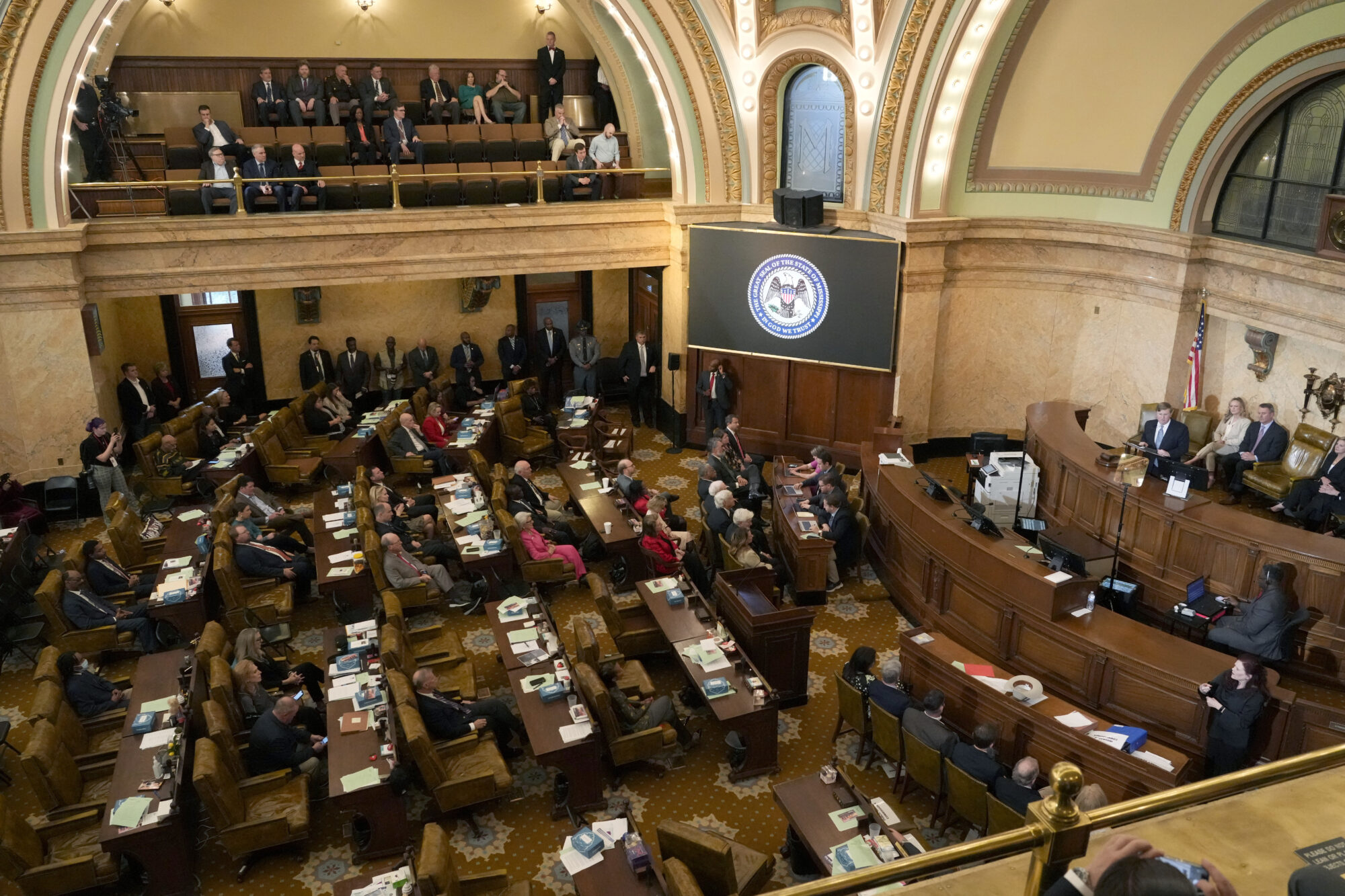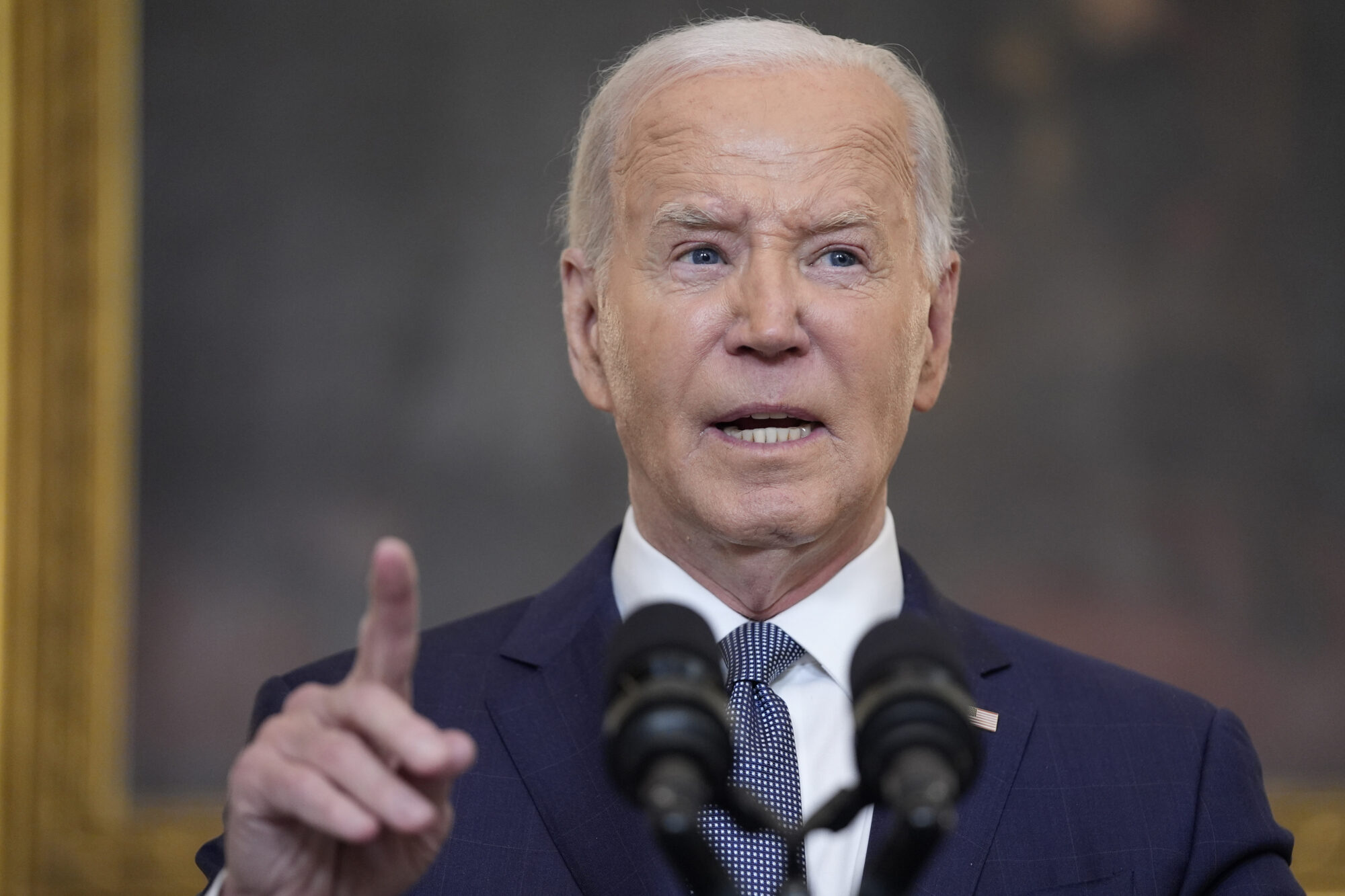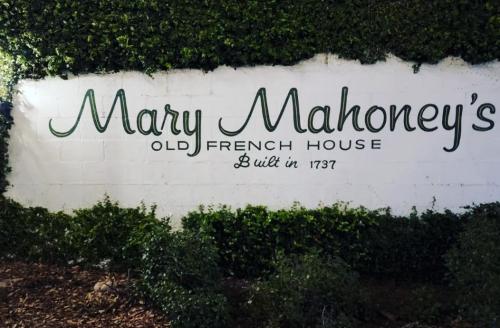By Steve Wilson | Mississippi Watchdog
The most important races this year in Mississippi — those with serious implications for taxpayers — are farther down the ballot.
The top-of-the ticket races — for governor and lieutenant governor — will probably go to the incumbents, so expect minimal turnout in races for state treasurer and three seats on the Mississippi Public Service Commission, says Nicholas Katers, state desk editor for ballotpedia.org.
Taxpayers could ultimately suffer.
“I think the best rule of thumb is that the turnout in these races depends largely on having a big, competitive race at the top,” Katers told Mississippi Watchdog via email. “Mississippi’s turnout for these offices will probably come in pretty low compared to Kentucky and Louisiana, where there are likely more competitive gubernatorial races.”
Case in point: Mississippi Power customers have paid higher utility bills to fund construction of the Kemper Project integrated coal gasification power plant, which is two years behind schedule and billions over budget.
The Mississippi Public Service Commission, which has only one commissioner — Northern District commissioner Brandon Presley — running for re-election, regulates the state’s utilities, determines power rates and investigates complaints. Republican Mike Maynard faces an uphill climb to unseat Presley, who’s going for his third term on the PSC after winning his other two elections handily. Maynard has no campaign website or even a Facebook page.
Presley has been the lone voice on three three-commissioner body to consistently oppose the Kemper Project. Mississippi Power’s 18 percent rate increase to help pay for the $6.2 billion plant was approved by a 2-1 commission vote — with Presley being the lone dissenter — and the utility has threatened more rate increases if a Mississippi Supreme Court decision concerning Kemper is allowed to stand. The court ruled the utility must issue refunds on its rate increase because the PSC hasn’t ruled yet on whether costs incurred for construction are justified or prudent. If the PSC rules Mississippi Power’s costs were indeed prudent, the utility could collect its costs on Kemper from its rate payers in the form of further rate increases. The utility has stated repeatedly it could raise rates by as much as 40 percent if the decision stands.
One of the candidates for the Southern District commissioner’s seat, Democrat Thomas Blanton, brought the lawsuit.
State treasurer Lynn Fitch, a Republican, is responsible for the state’s finances, runs the Mississippi Prepaid Affordable College Tuition and sits on the board of the state’s Public Employees Retirement Systems. She’ll face a primary challenge from David McRae, a Jackson attorney who once did some pro bono work for Fitch and has emerged as her biggest critic. He has promised to fight “wasteful spending and incompetence” in the treasurer’s office but hasn’t offered specifics.
The biggest controversy stems from Fitch’s battle with the Mississippi Press Association over the publication of the state’s unclaimed property list. According to state law, the treasurer is supposed to publish lists of Mississippi residents with unclaimed property every three years. The first one in her term was in 2012, not long after she was elected — and she missed the deadline. Only last year did she finally reach an agreement with the MPA to publish the notices, which include forgotten bank accounts, utility deposits and other funds that are turned over to the state. They were published last month, and Fitch set up a call center to handle questions.
Fitch has been criticized for the decision to reopen enrollment in the state’s prepaid college program, despite an $82 million shortfall in 2014.
With Fitch on the board, the state’s retirement system has rebounded but is still in serious jeopardy. According to the 2014 report, PERS is only 61 percent funded; the goal is to have the system back to the benchmark 80 percent figure by 2042.
While turnout might be depressed overall due to the perception of two relatively uncompetitive contests at the top of the ticket, Millsaps College associate professor of political science Nathan Shrader said competitive local and legislative races would affect turnout in those areas — such as in several newly created districts in the rapidly expanding northern part of the state south of Memphis.
These areas could prove pivotal in these two races.
“There are enough races at the local level for state House districts and state Senate races where you might see those candidates drum up interest from voters because they’ll be campaigning on more local issues that might appeal in a different way than the bigger races,” Shrader said. “Turnout might be influenced by the things voters are experiencing further down the ballot closer to them.”
The state primaries are Aug. 4, and the general election is Nov. 3.
Steve Wilson
MS Watchdog
5/8/15







